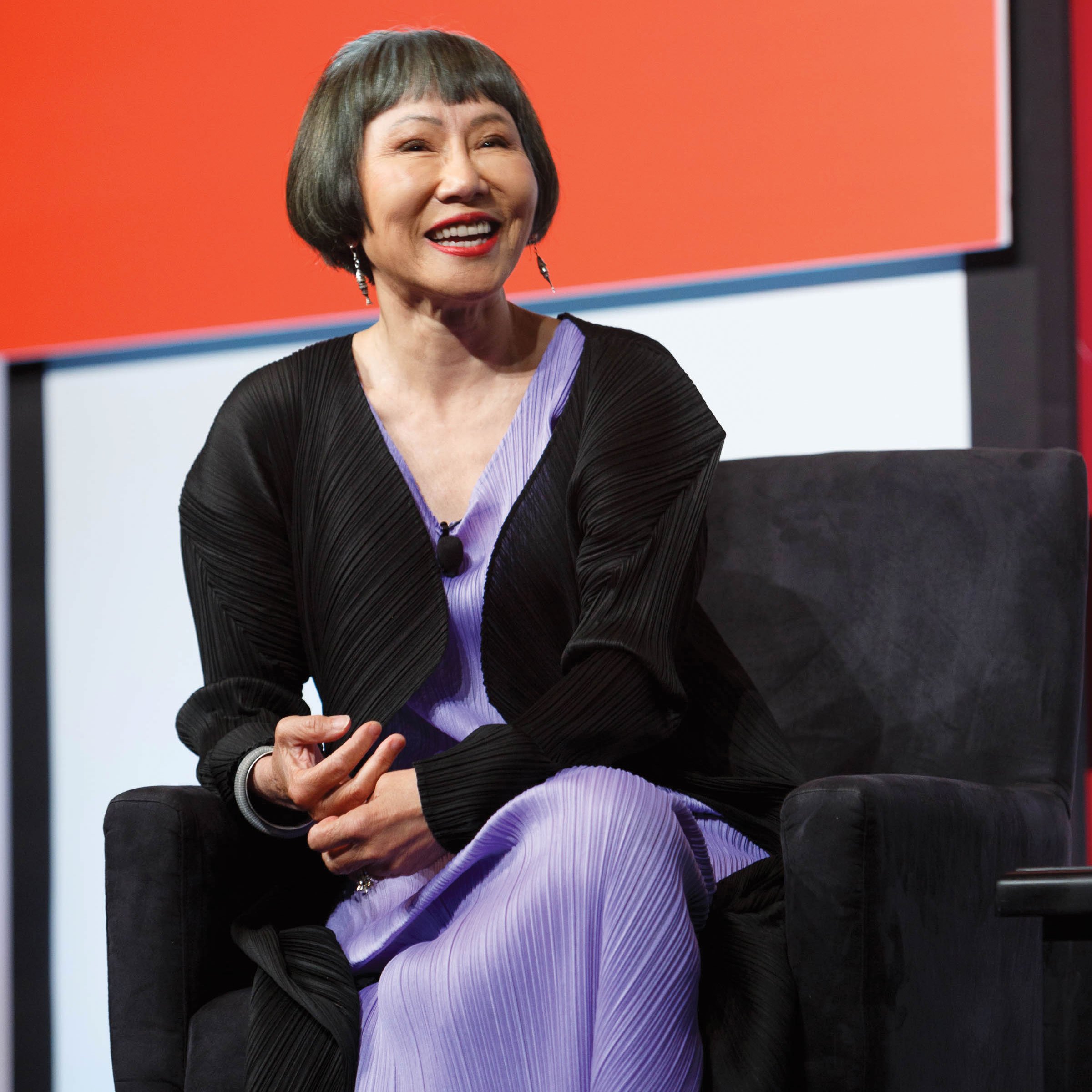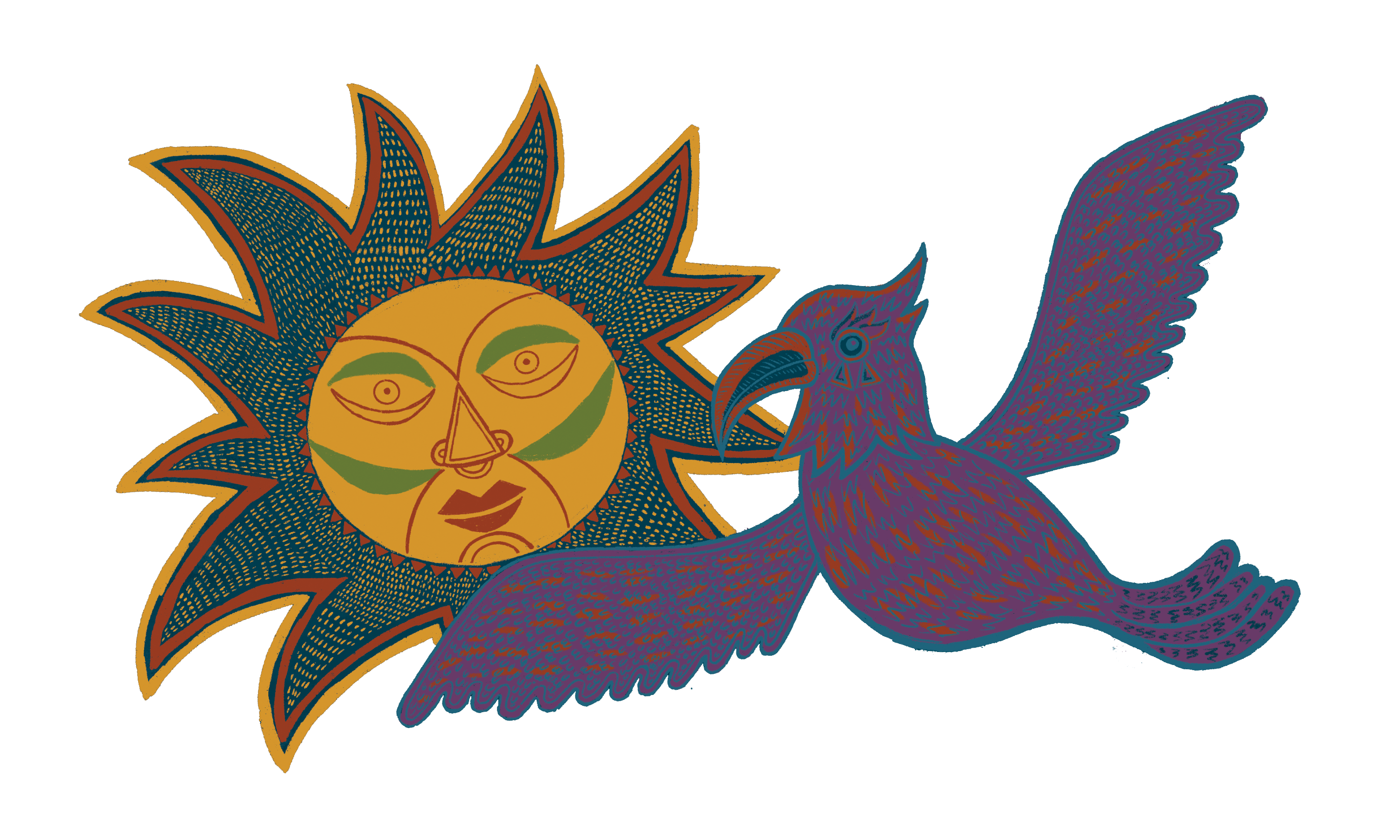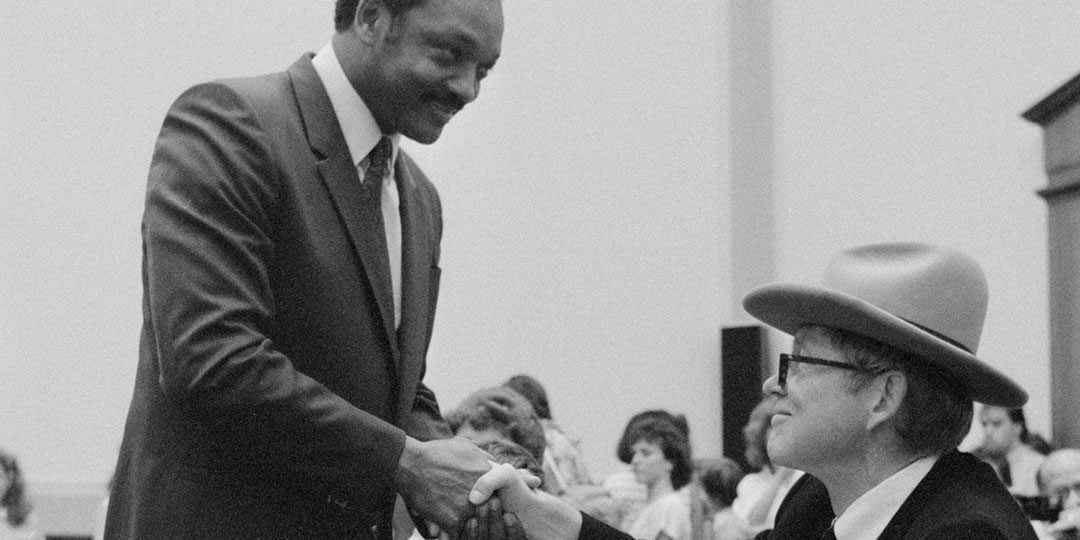Spotlight: Ruth Bader Ginsburg
May is Jewish-American Heritage Month. Technically, being Jewish is a religious affiliation, but it is also associated with certain ethnic and cultural heritages. A growing number of Jewish Americans identify as “secular Jews,” people who are culturally Jewish but do not practice the religion. This week we are focusing on Ruth Bader Ginsburg with an excerpt from Voices: An Ethnic Studies Survey.
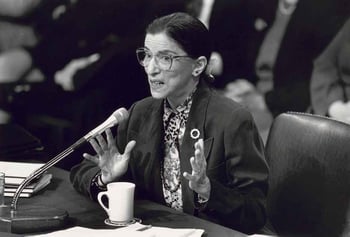
Ruth Bader Ginsburg at her confirmation hearing
Image: R. Michael Jenkins, Congressional Quarterly.
Born in Brooklyn, New York, Joan Ruth Bader Ginsburg (1933–2020) was the second woman and first Jewish female justice to sit on the Supreme Court. While on the Court, she fought against gender discrimination, which she had faced throughout her academic and legal careers.
Ginsburg was at the top of her class at Cornell University and Harvard Law. She managed the challenges of motherhood and caring for a sick spouse while in law school, transferring to Columbia after her family moved back to New York City. She graduated first in her class in 1959, but she faced discrimination when looking for work and negotiating pay.
In the 1970s, Ginsburg directed the Women’s Rights Project of the American Civil Liberties Union. She was appointed to the US Court of Appeals in Washington, DC, in 1980 and nominated for the Supreme Court in 1993. Ginsburg was dedicated to the Court, serving actively in her 80s, even through illness and family challenges.
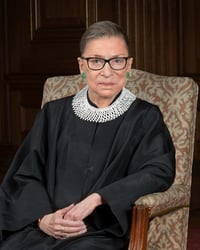
U.S. Supreme Court Justice Ruth Bader Ginsburg
Image: Collection of the Supreme Court of the United States.
A few quotes from Ruth Bader Ginsburg:
“I am a very strong believer in listening and learning from others.”
“A constitution, as important as it is, will mean nothing unless the people are yearning for liberty and freedom.”
“Fight for the things that you care about. But do it in a way that will lead others to join you.”
“My mother told me to be a lady. And for her, that meant be your own person, be independent”
“… I’m sometimes asked ‘When will there be enough (women on the Supreme Court)?’ and my answer is: ‘When there are nine.’ People are shocked. But there’d been nine men, and nobody’s ever raised a question about that.
 Voices: An Ethnic Studies Survey
Voices: An Ethnic Studies Survey
Voices is an ethnic studies resource that examines the experiences and contributions of Indigenous, Black, Latino, Pacific Islander, and Asian Americans. Students will learn the terms and tools they need to analyze the impacts of race and ethnicity in US history and the present day.

